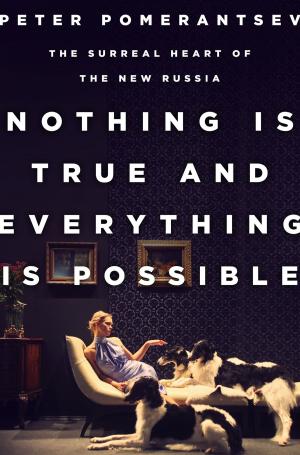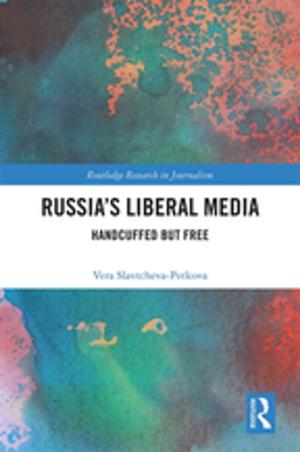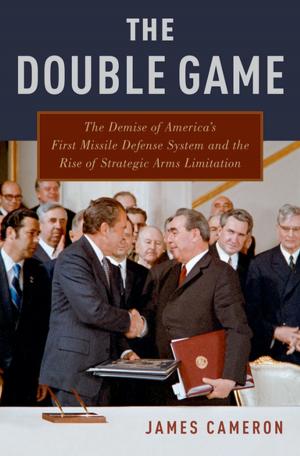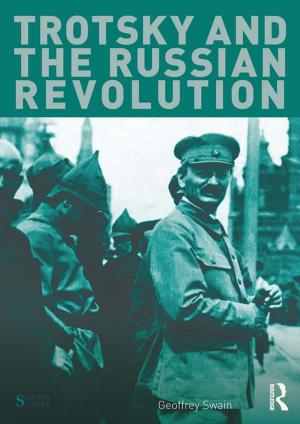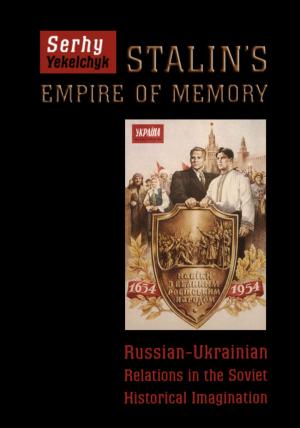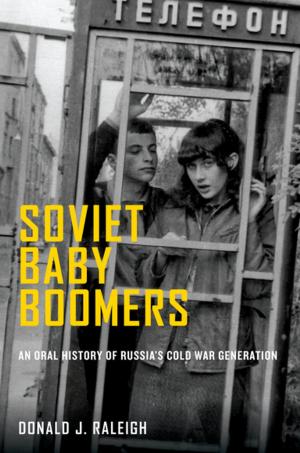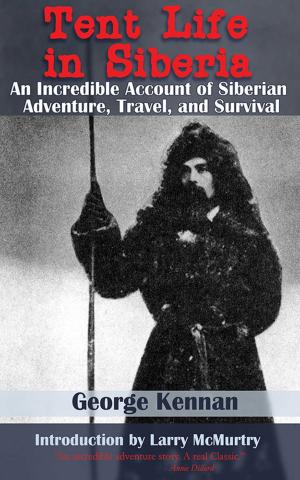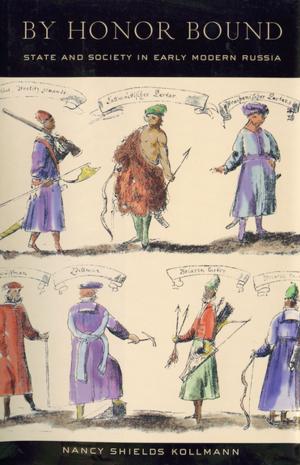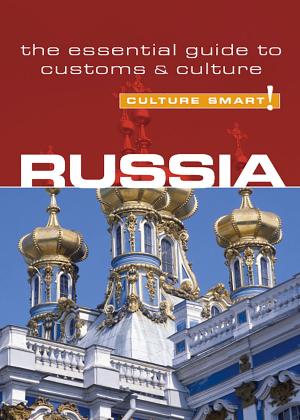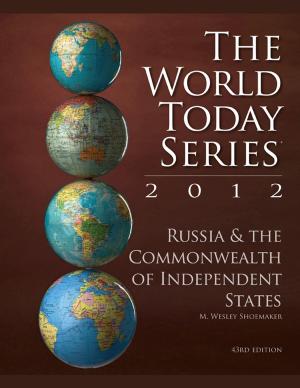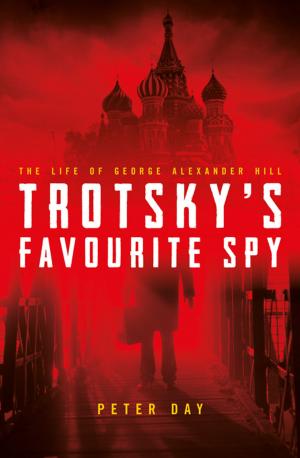| Author: | Vladimir Osherov | ISBN: | 9781301075652 |
| Publisher: | Vladimir Osherov | Publication: | May 7, 2013 |
| Imprint: | Smashwords Edition | Language: | English |
| Author: | Vladimir Osherov |
| ISBN: | 9781301075652 |
| Publisher: | Vladimir Osherov |
| Publication: | May 7, 2013 |
| Imprint: | Smashwords Edition |
| Language: | English |
Russia is a European nation by virtue of geography, race, and culture. Regardless, for over three centuries, first under the Czars, then under Communists, Russia and Russian people have been subjected to an unending campaign for "Europeanization". As a result, Russian culture produced some of the best writers, musicians, artists, and filmmakers in the world. Suffice to mention L.Tolstoy, F. Dostoyevsky, A. Chekhov, P. Tchaikovsky, or S. Eisenstein.
Yet, as a whole, the Russian psyche never became fully European.
Russia is now facing the same dilemma as three hundred years ago: whether to adopt Western modes of thinking and behavior, or to remain a unique cultural and political entity - neither Asian, nor European. To remain distinctly Russian.
In the late 1980s, there were high hopes that freedom, democracy, and capitalism would finally do the trick. Now, after 25 years, it seems that things are going in the opposite direction, or, rather in a traditionally Russian direction.
Soviet egalitarianism, partly a product of Marxist ideology, proved to be strongly resistant to the new "capitalistic" ethic. This egalitarianism was also inherited from old Russian notions of social justice and especially the Russian Orthodox attitude towards wealth (Matthew 19:24, Luke 18:25). Egalitarianism is combined with respect for a strong central authority, together with a general disregard for the law.
Psyche, it seems, is far less - compared to culture - susceptible to change and transformation.
Nikita Mikhalkov is a film director, an actor, and a writer. His ancestry, his life, and his career have been deeply influenced and highlighted by the "Russian Dilemma". Being one of the very few Russian film directors with an international reputation, he displays many typically Russian qualities, along with purely cosmopolitan ones. Nikita Mikhalkov's films, his private life, and his public activities are full of contradictions inherent in the "Russian Dilemma". Often, it is success mixed with disappointment. Just as history of Russia is. Coming from an extremely gifted and prolific artist, a celebrity, these contradictions are especially telling.
The book is an effort to combine a purely biographical narrative with the author's own film production experiences, together with some observations on many aspects of Russian history and culture.
It could be used as a source in film studies, Russian studies, and could also prove useful to anyone interested in Russia.
Russia is a European nation by virtue of geography, race, and culture. Regardless, for over three centuries, first under the Czars, then under Communists, Russia and Russian people have been subjected to an unending campaign for "Europeanization". As a result, Russian culture produced some of the best writers, musicians, artists, and filmmakers in the world. Suffice to mention L.Tolstoy, F. Dostoyevsky, A. Chekhov, P. Tchaikovsky, or S. Eisenstein.
Yet, as a whole, the Russian psyche never became fully European.
Russia is now facing the same dilemma as three hundred years ago: whether to adopt Western modes of thinking and behavior, or to remain a unique cultural and political entity - neither Asian, nor European. To remain distinctly Russian.
In the late 1980s, there were high hopes that freedom, democracy, and capitalism would finally do the trick. Now, after 25 years, it seems that things are going in the opposite direction, or, rather in a traditionally Russian direction.
Soviet egalitarianism, partly a product of Marxist ideology, proved to be strongly resistant to the new "capitalistic" ethic. This egalitarianism was also inherited from old Russian notions of social justice and especially the Russian Orthodox attitude towards wealth (Matthew 19:24, Luke 18:25). Egalitarianism is combined with respect for a strong central authority, together with a general disregard for the law.
Psyche, it seems, is far less - compared to culture - susceptible to change and transformation.
Nikita Mikhalkov is a film director, an actor, and a writer. His ancestry, his life, and his career have been deeply influenced and highlighted by the "Russian Dilemma". Being one of the very few Russian film directors with an international reputation, he displays many typically Russian qualities, along with purely cosmopolitan ones. Nikita Mikhalkov's films, his private life, and his public activities are full of contradictions inherent in the "Russian Dilemma". Often, it is success mixed with disappointment. Just as history of Russia is. Coming from an extremely gifted and prolific artist, a celebrity, these contradictions are especially telling.
The book is an effort to combine a purely biographical narrative with the author's own film production experiences, together with some observations on many aspects of Russian history and culture.
It could be used as a source in film studies, Russian studies, and could also prove useful to anyone interested in Russia.

